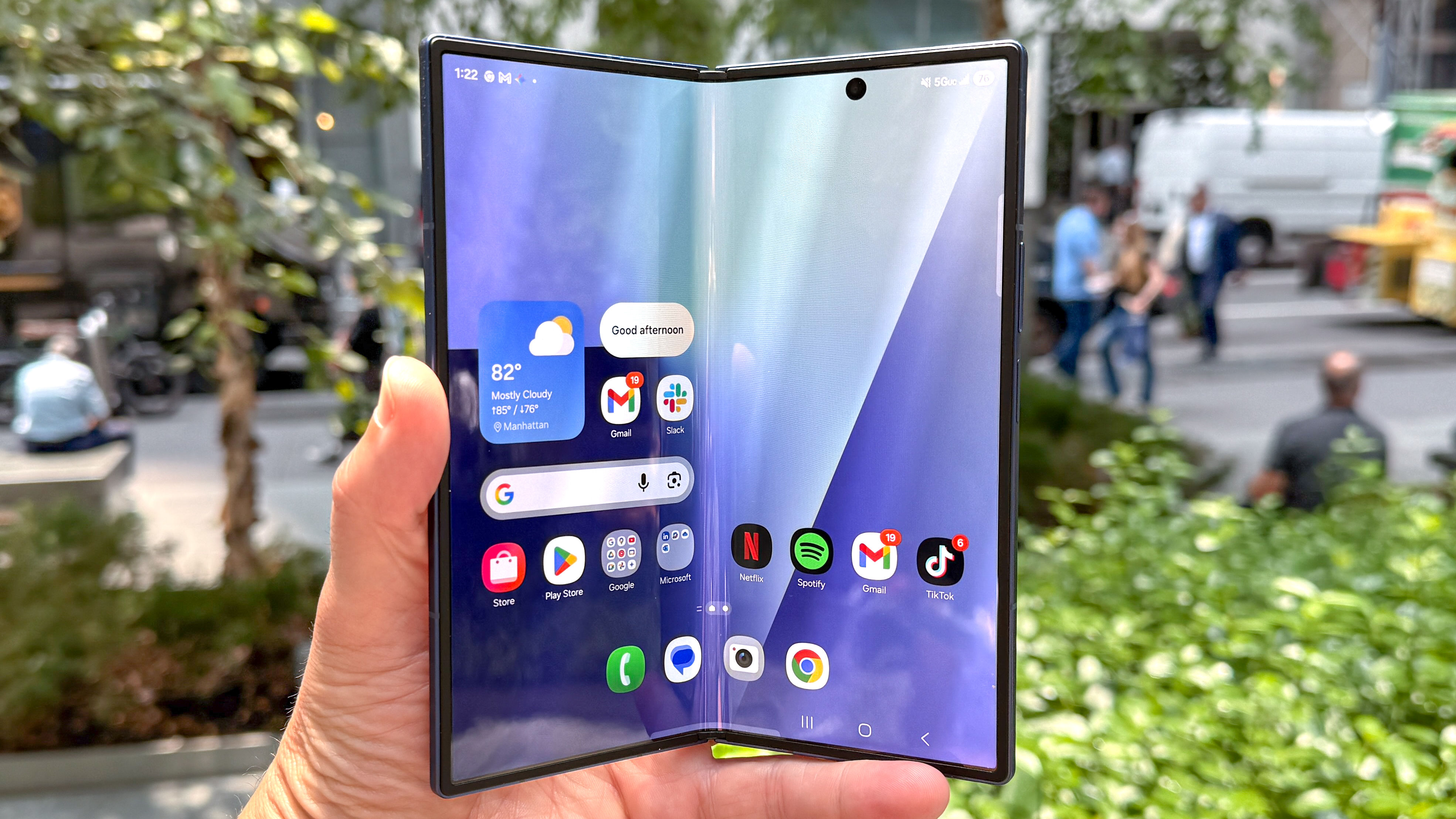It’s time to kill the MCU
The Marvel Cinematic Universe now has all the same problems as the comics that inspired it
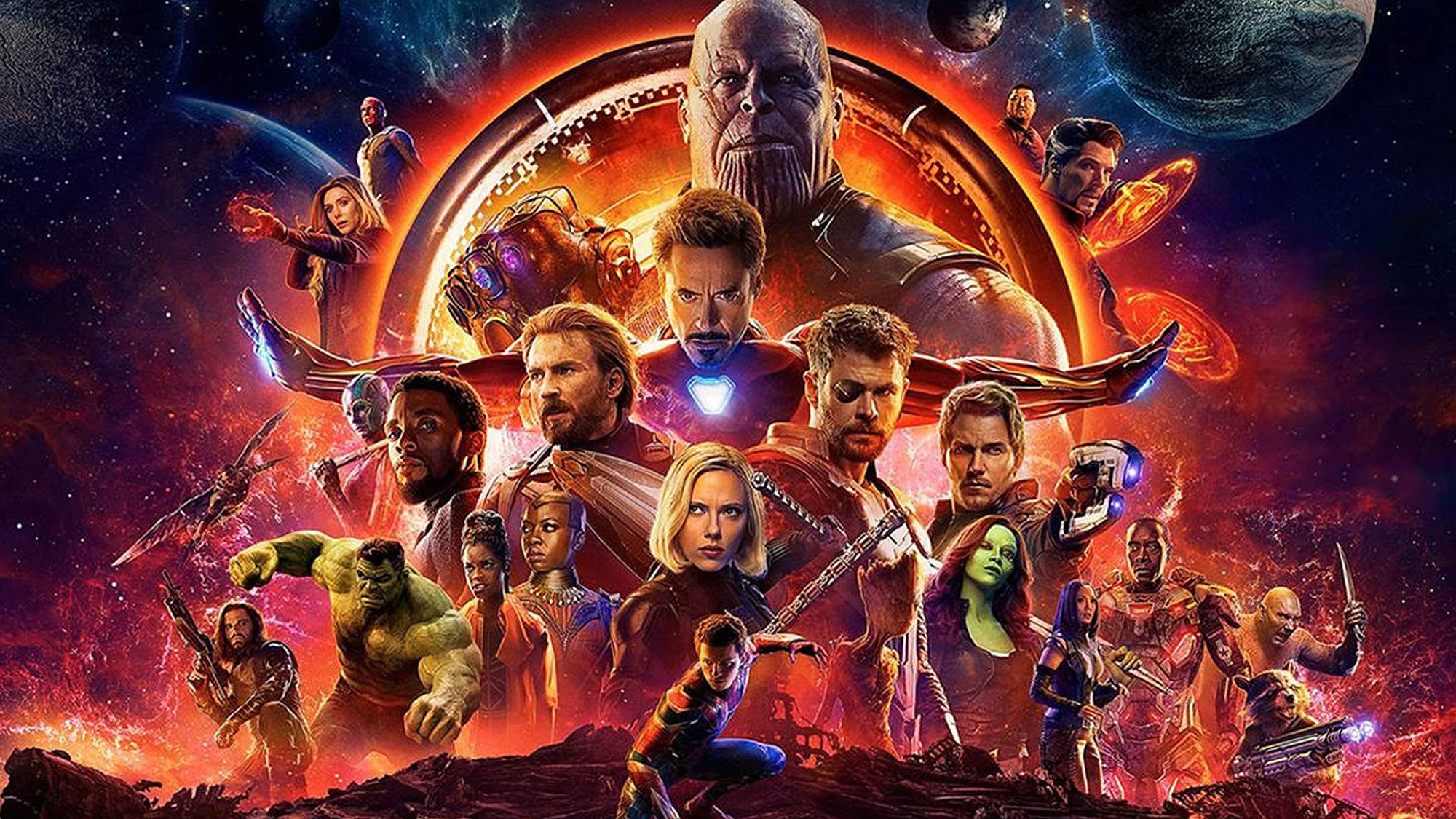
Here at Tom’s Guide our expert editors are committed to bringing you the best news, reviews and guides to help you stay informed and ahead of the curve!
You are now subscribed
Your newsletter sign-up was successful
Want to add more newsletters?

Daily (Mon-Sun)
Tom's Guide Daily
Sign up to get the latest updates on all of your favorite content! From cutting-edge tech news and the hottest streaming buzz to unbeatable deals on the best products and in-depth reviews, we’ve got you covered.

Weekly on Thursday
Tom's AI Guide
Be AI savvy with your weekly newsletter summing up all the biggest AI news you need to know. Plus, analysis from our AI editor and tips on how to use the latest AI tools!

Weekly on Friday
Tom's iGuide
Unlock the vast world of Apple news straight to your inbox. With coverage on everything from exciting product launches to essential software updates, this is your go-to source for the latest updates on all the best Apple content.

Weekly on Monday
Tom's Streaming Guide
Our weekly newsletter is expertly crafted to immerse you in the world of streaming. Stay updated on the latest releases and our top recommendations across your favorite streaming platforms.
Join the club
Get full access to premium articles, exclusive features and a growing list of member rewards.
Update: Here's another reason the MCU should just die.
The Marvel Cinematic Universe has had a good run. Between 26 films, 16 TV shows and any number of smaller spinoffs, the MCU has dominated both big and small screens ever since Iron Man debuted back in 2008. This project singlehandedly rewrote the rules for Hollywood blockbusters, and took superheroes from niche to mainstream.
In short, the MCU is on top of the world. And that’s why it should quit now, while it’s ahead. (For an alternate point of view, see why The MCU should not be killed.)
While there’s no denying that the Marvel Cinematic Universe has had profound effects on both the movie business and pop culture in general, there’s also no denying that the project has become unwieldy and aimless. The MCU delighted fans by staying true to the Marvel comics formula. But in so doing, it also managed to recreate everything wrong with Marvel comic books — and in approximately a fifth of the time.
What makes the MCU work
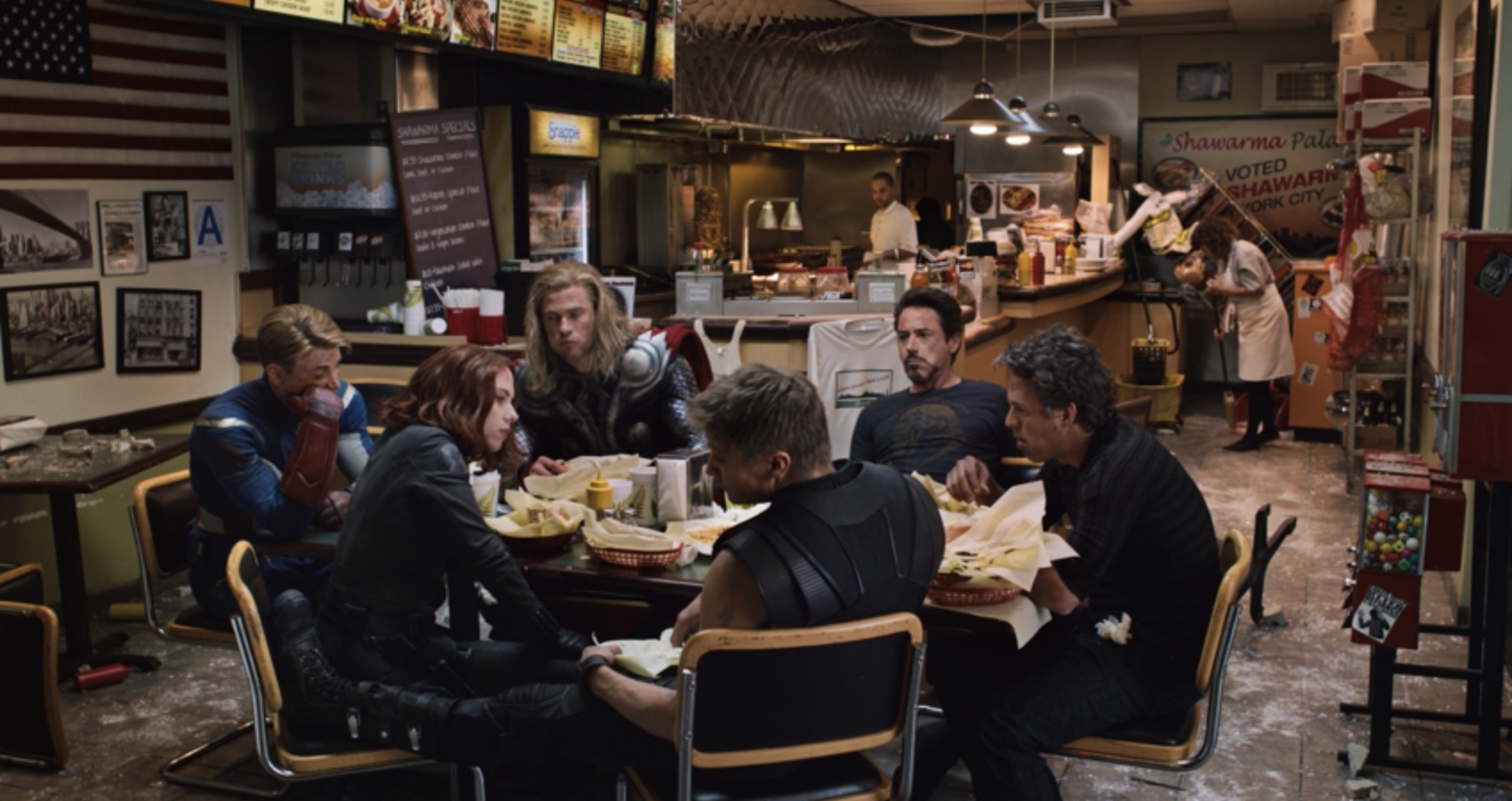
Before we dive in any further, I should explain that I have nothing against the MCU. In fact, I felt heavily invested in it for a time. I thought that Phase 1 of the MCU comprised some of the most accurate onscreen depictions of comic book superheroes I’d ever seen, and that The Avengers (2012) was unlike anything I’d seen on a big screen before. I even dedicated more than 250 hours of my own free time to watching the MCU TV shows, which you absolutely should not do.
I followed the MCU films up until Avengers: Endgame, which was an ambitious-but-flawed conclusion to an ambitious-but-flawed experiment.
Without rehashing the whole MCU project from scratch, it’s not too difficult to see why it’s worked well so far. (And if you haven't seen them all yet, then here's how to watch the Marvel movies in order.)
Get instant access to breaking news, the hottest reviews, great deals and helpful tips.
Marvel Studios matched beloved characters with charismatic actors, then adapted fan-favorite comic book stories, making smart adjustments to fit the feature film format. Granted, other superhero movies had done this before. What set the MCU apart was its keen eye for continuity and crossovers, just like the comics that inspired it.
The only problem is that the MCU accomplished its goal right out of the gate. Iron Man, The Incredible Hulk, Captain America and Thor were all entertaining (and sometimes legitimately excellent) films, and set the stage perfectly for a big crossover spectacle. The Avengers delivered almost flawlessly on that premise, delivering well-written banter, unexpected plot twists and memorable action set pieces from start to finish.
However, as any comic book fan can tell you, big crossover events have diminishing returns. The trouble with the MCU is that what began as a moonshot team-up project became something much more formulaic and predictable over time. Think about how many additional origin stories we’ve had to sit through since The Avengers, and how many sequels wound up spinning their wheels until the next big crossover movie.
Think, too, about how many of these films actually did something clever or unexpected with the superhero formula. It’s not many. Even the movies that tried, such as Eternals, didn't necessarily pull it off well.
Worse still: the actual movies and shows became almost totally ancillary to keeping people interested in the MCU. Instead, the whole project has become a race to see who can identify the most references and guess the next potential plot points as quickly as possible. (Bonus points if you work for a major magazine, and can garner a lot of clicks from doing so.) When the next MCU project debuts, go ahead and keep an eye on how much coverage grapples with the movie or show’s themes and storytelling, and how much coverage points out Easter eggs or speculates on when the X-Men are going to show up. It’s a superficial way to engage with the media we consume, but it’s what the MCU has trained us to do.
Inspired by Marvel comics
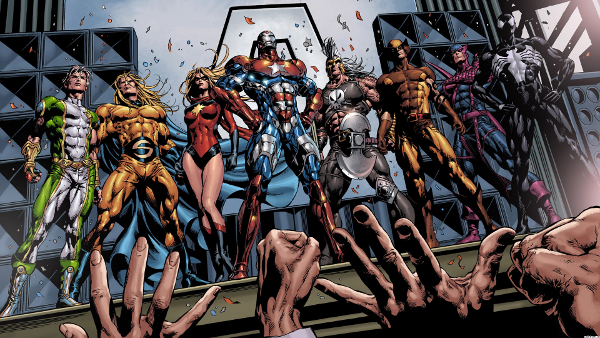
However, I would argue that none of these problems is unique to the MCU. In fact, in seeking to recreate the benefits of Marvel comics, the films and shows (perhaps accidentally) recreated their detriments as well.
To give some context here: My introduction to the wide world of Marvel was through X-Men: The Animated Series back in the early ‘90s. For five seasons, the show wove a complex (for kids, anyway) web of characters and relationships, occasionally bridging the gap between the X-Men and other heroes, such as Spider-Man, Dr. Strange and Ms. Marvel. After I revisited the show in high school, I was determined to read the comics firsthand and continue the story.
The only trouble was that after a trip to my local comic book store, I had no idea where to start. Stories in Marvel comics aren’t self-contained adventures that wrap up within a few years, like the X-Men cartoon. Instead, Marvel continuity ran all the way back to the very first issue of Fantastic Four in 1961. (And, truthfully, some of the stuff before that — but not all of it!) The canon comprised thousands upon thousands of stories, characters and events, some of which contradicted each other, and most of which simply weren’t accessible anymore.
Nevertheless, I did the best I could, consulting proto-wikis and message boards, and learning where the current storylines started. I eventually caught up enough with the X-Men, the Avengers, and a few other heroes to understand the basics of what was going on. Then, Avengers: Disassembled happened, and I learned how Marvel handles big crossover events.
Without going into tremendous detail, Marvel has yearly(ish) crossover events, which shake up the status quo in the Marvel Universe and usually end with a huge battle against some kind of cataclysmic threat. Avengers: Disassembled was the first one I read, and I quickly realized that just reading the monthly Avengers comic wasn’t enough. To get the full story, I also had to read (and, of course, buy) monthly issues of Iron Man, Captain America, Thor, Fantastic Four and Spider-Man. It was a lot of extra information — and a lot of extra money.
I followed this cycle for a few years, throughout House of M, Civil War, Siege and Fear Itself. Some crossovers were better than others, but each one of them involved a ton of backstory, a ton of side stories and a ton of follow-up stories.
Eventually, I had a realization: The constant worldbuilding-upon-worldbuilding (at ever-increasing expense) was never going to end. I’d become incredibly invested in the story, but Marvel was never going to provide catharsis. If I wanted an ending, I’d simply have to pick a stopping point myself.
In other words, Marvel comics have spent 60 years creating a messy, labyrinthine, impenetrable mythos, with a steep onboarding cost (in terms of both time and money), and no easy way to get out. The MCU has done the same, but this time around, the process took only a decade.
As I write this, the MCU is on track to release nine projects in 2021: four movies and five TV series. Check out our Disney Plus Day recap for more info. While viewers can admittedly pick and choose which ones they want to watch, you’ll probably need to see them all in order to get the "full" story. The question is: What’s the point of getting the full story? The MCU seems poised to grow and grow and grow, just like the comics, until keeping track of its tangled mythology will be impossible, save for a few hardcore continuity chroniclers.
End with a bang
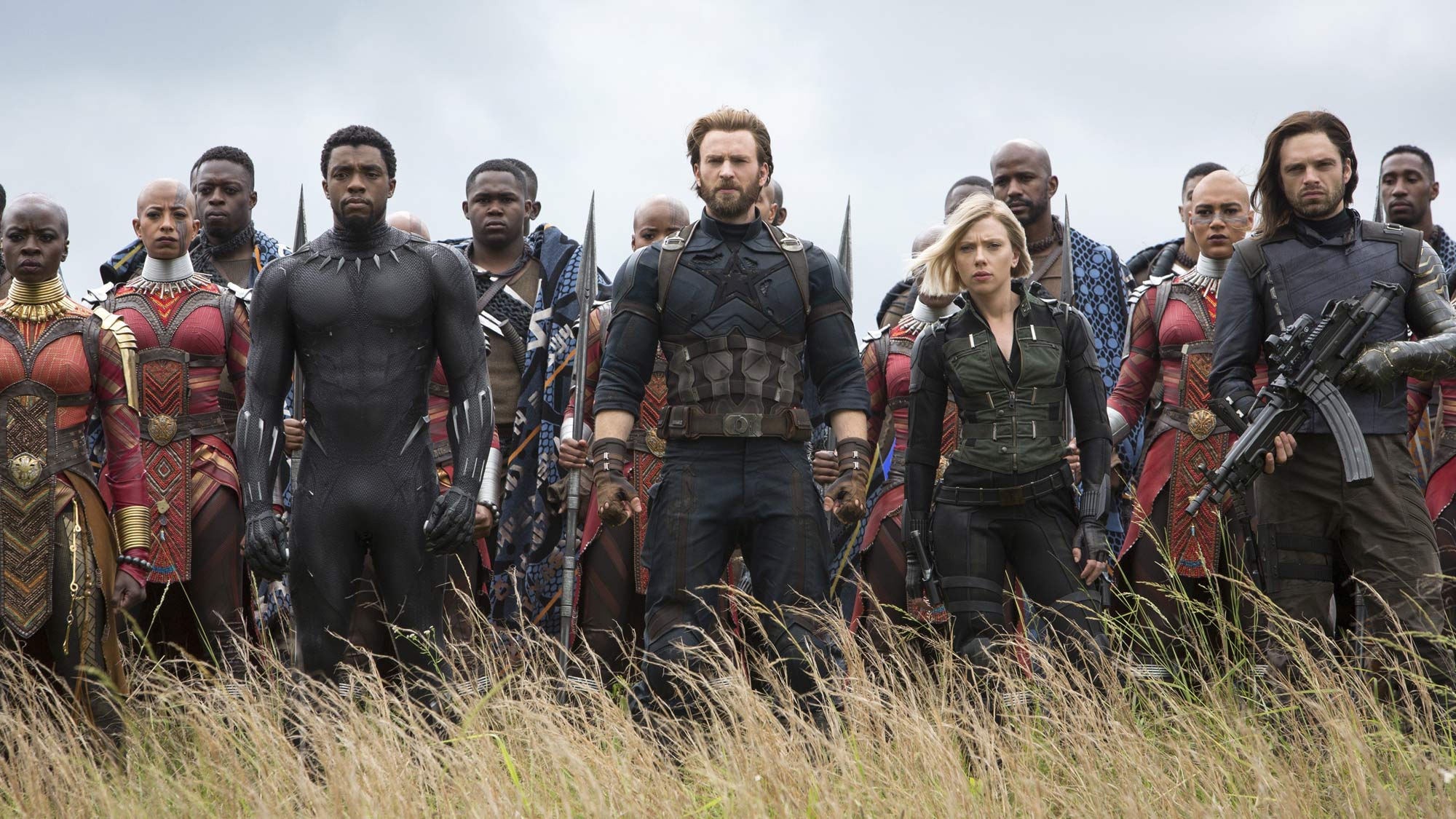
What, then, is the alternative? To my mind, it’s simple: End the MCU project before it gets too tangled and unmanageable. Monthly comics are too far gone for that solution; we’re stuck with unresolved stories and diminishing returns on crossovers forever. But shared-universe movies are new enough that the MCU could conceivably still end things on a high note.
I don’t know exactly how the MCU could pull this off. I’m not a director, or a producer, or a screenwriter. But I do know that the MCU lost me for the same reason that Marvel comics lost me, after enjoying both for quite a few years. Monthly comics expect readers to come and go over time, and maybe the MCU is banking on that strategy as well. But building up to a single, definitive ending would be both more satisfying and more daring. We already know that superhero stories can essentially go on forever; attempting to end one for good is a tougher challenge.
I’ll end with a few thoughts on Avengers: Endgame. As I stated, I didn’t have strong feelings about the movie one way or another. But a few months later, I found myself rewatching episodes of Arrested Development and Community: two sitcoms that Endgame directors Joe and Anthony Russo worked on before transitioning over to the MCU.
I was absolutely floored by how clever, creative and delightful these shows felt. The Russos pushed the traditional sitcom format to its breaking point, relying on asynchronous storytelling, continuity-heavy gags and some genuinely disconcerting subject matter. Then I thought back to Endgame: overlong, overly serious and just a little bit full of itself.
The MCU started strong. All that’s left now is to let it finish strong.

Marshall Honorof was a senior editor for Tom's Guide, overseeing the site's coverage of gaming hardware and software. He comes from a science writing background, having studied paleomammalogy, biological anthropology, and the history of science and technology. After hours, you can find him practicing taekwondo or doing deep dives on classic sci-fi.
 Club Benefits
Club Benefits










